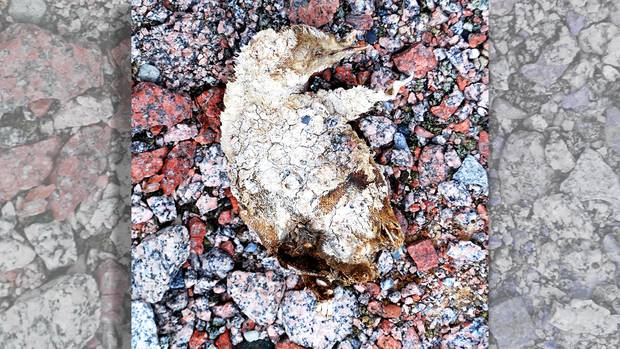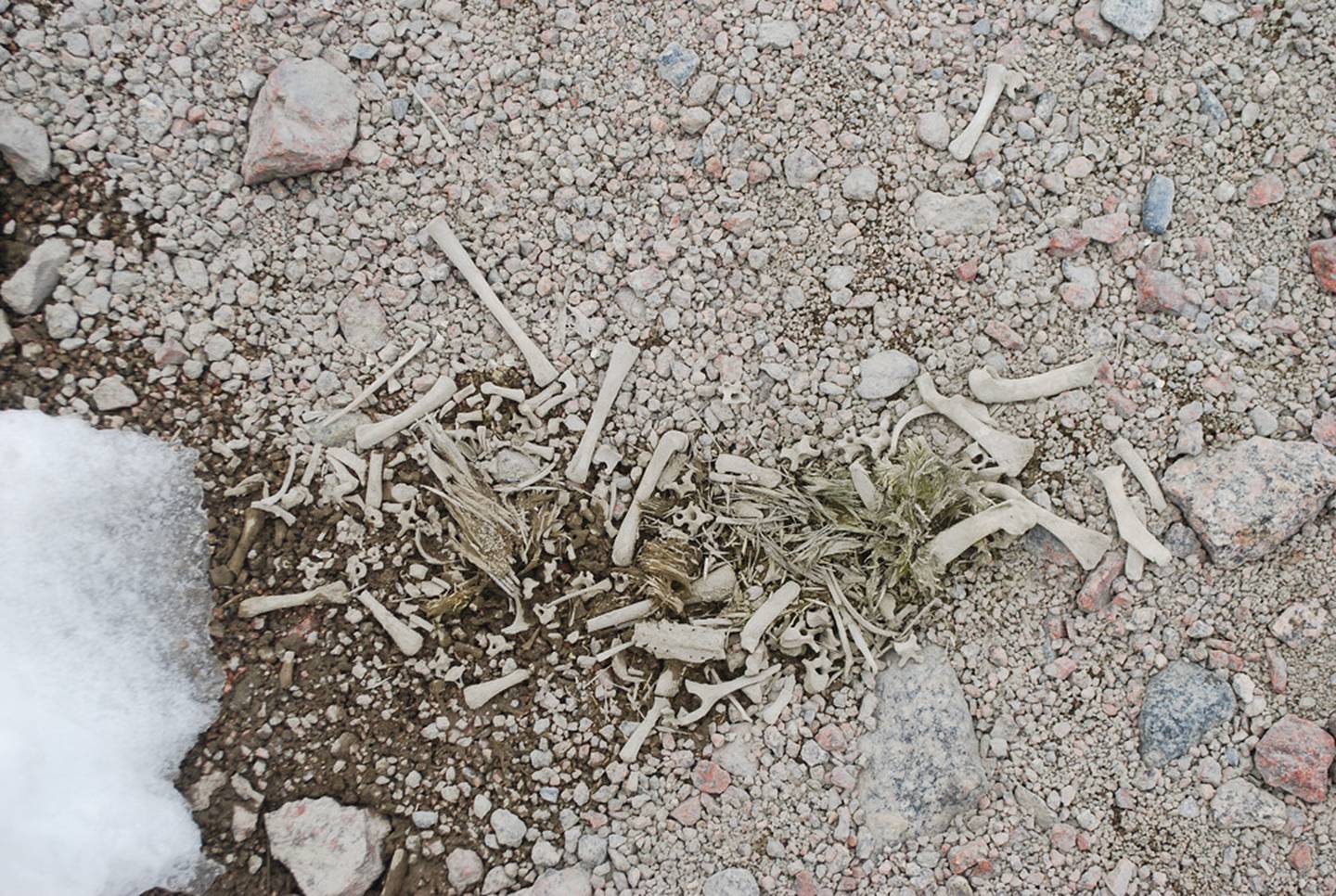
The discovery comes after researchers in Canterbury last year discovered a giant 1.6-metre tall penguin species they dubbed "Hercules", which was closely related to the remains found in the Antarctic Cross Valley.
Though dating to 20 million years before these mummified penguin finds, researchers said it demonstrated New Zealand's close connection to the icy continent.
Researcher Dr Steven Emslie, of the University of North Carolina, was puzzled by the grim new discovery in Antarctica's Ross Dependency.
Receding ice around Cape Irizar had deposited remains of Adelie penguin nesting grounds including bones and entire mummified birds. This was in spite of no records of the birds ever living in the area.
- Penguins may have originated on Canterbury coast
- Monster Canterbury penguins had doppelgangers
- Giant parrot and monster penguins invade Canterbury Museum
The preserved penguin chicks were found on Inexpressible Island, almost 75km away from the closest active colony.
When the "fresh looking" remains were carbon dated scientists placed them to being between 800 and 5000-years-old.
Publishing his finds in the Geological Society of America, Dr Emslie said he had "never seen a site quite like this".
Some of the oldest remains dated back to prehistory, while the best preserved penguins were as old as Genghis Khan.
"This recent snow melt revealing long-preserved remains that were frozen and buried until now is the best explanation for the jumble of penguin remains of different ages that we found there," he told the Geology Society.
Since Captain Scott's expedition first arrived at the Scott Coast there is no record of penguins, with the area too inhospitable for rearing chicks.
However, the researchers suggested the colonies may have been set up during warmer periods in the earth's history.

These macabre finds are a reminder of the warming conditions and the effects of a changing climate in Antarctica.
"We seem to be very near the historic temperatures at 2000-4000 years ago," Emslie told the Herald.
"When it breaks out in time for penguins to nest, they likely will begin reoccupying this coastline."
Penguins are facing being displaced from their normal breeding grounds by rising sea levels. They will have no choice but to look for new sites as coastal areas are "swamped".
The southern polar regions have undergone many changes to their historic climates, with New Zealand and Antarctica sharing fluctuations between ice ages and warmer periods when tropical forests and exotic species flourished.














